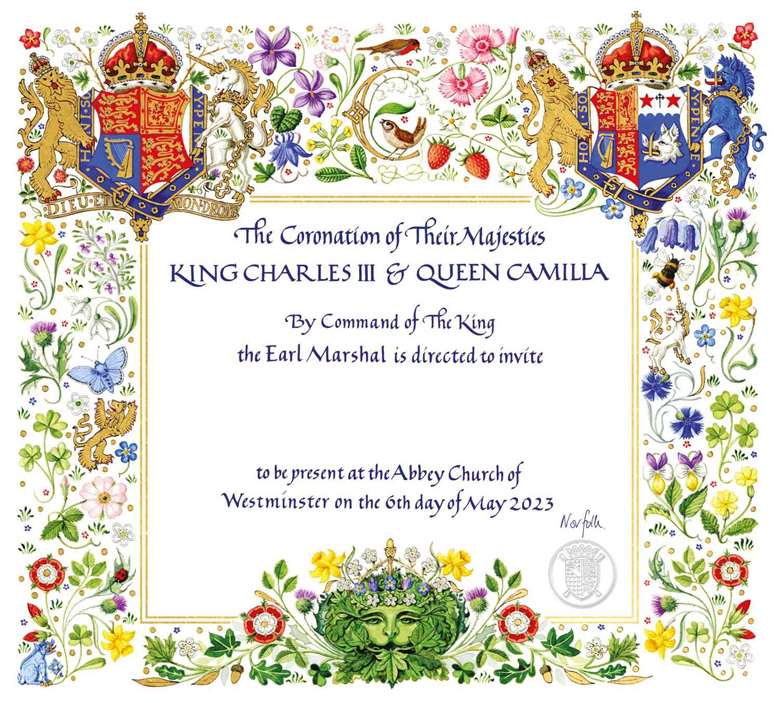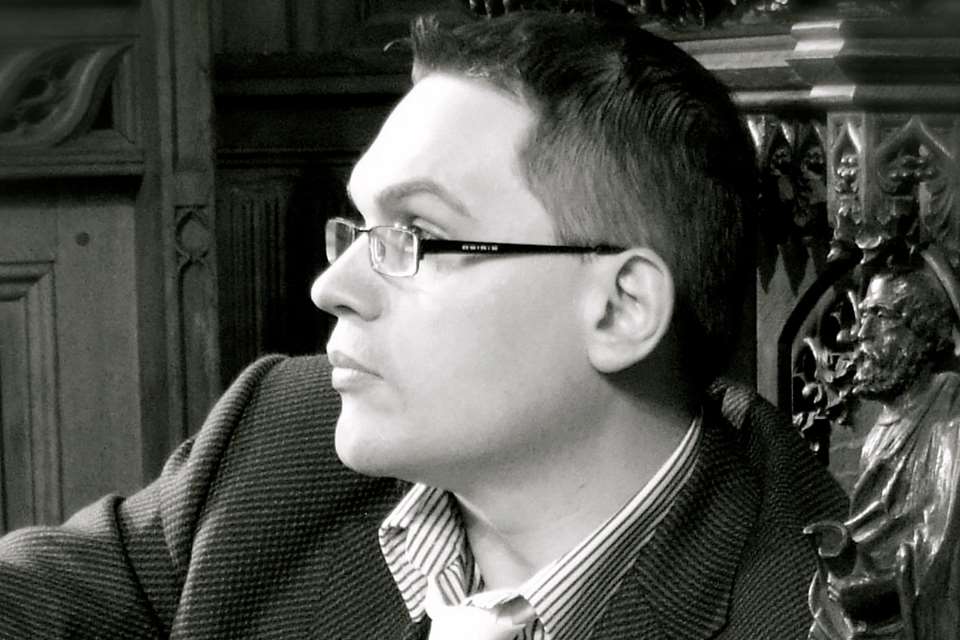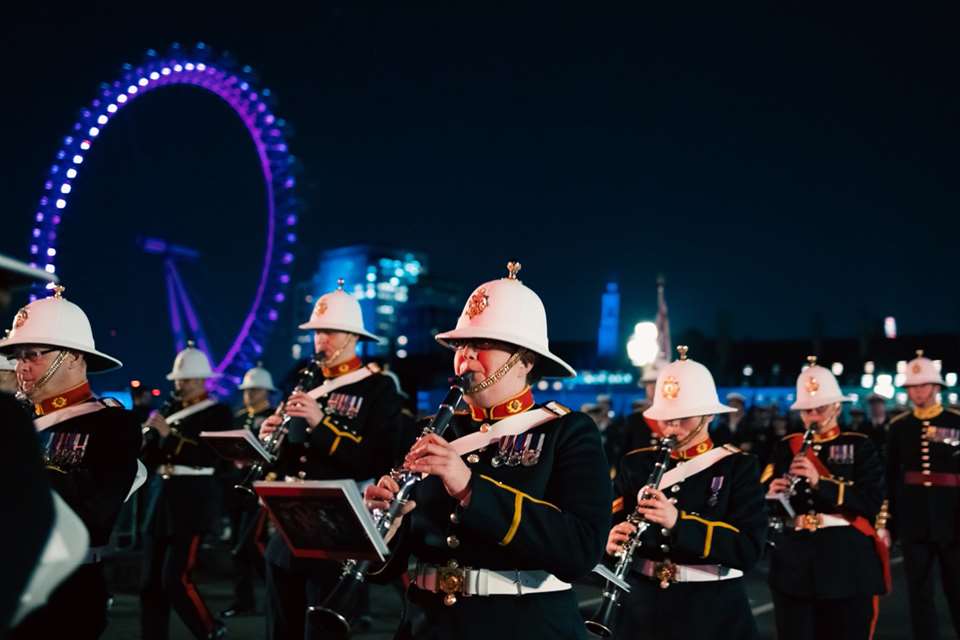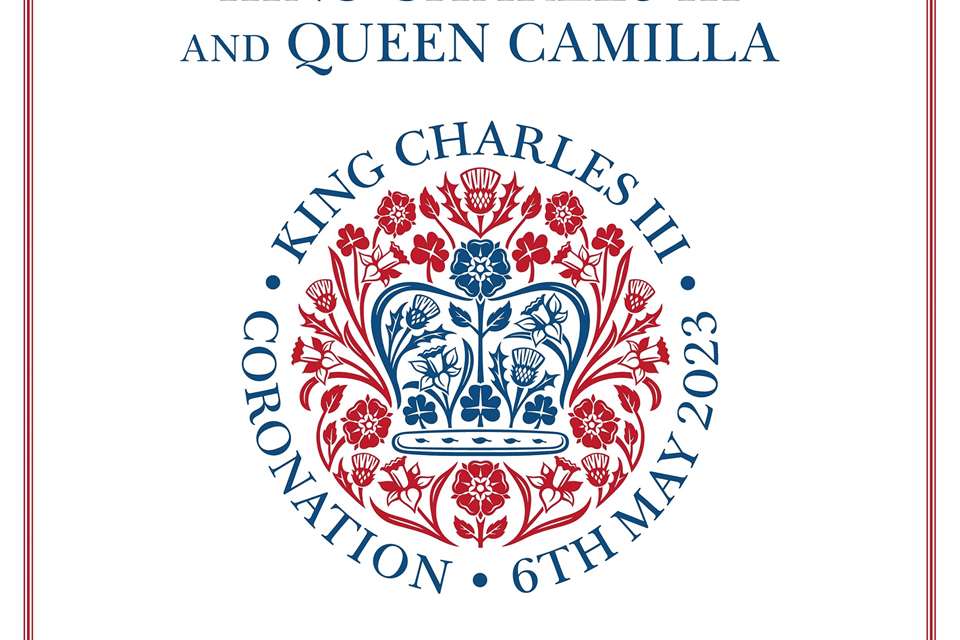The Coronation: Royal Music Through Time
Jack Pepper
Wednesday, May 3, 2023
Jack Pepper looks ahead to the Coronation of King Charles III and Queen Camilla. In Part One, he curates a playlist of Royal composers across the centuries…

Register now to continue reading
Thanks for exploring the Gramophone website. Sign up for a free account today to enjoy the following benefits:
- Free access to 3 subscriber-only articles per month
- Unlimited access to our news, podcasts and awards pages
- Free weekly email newsletter











